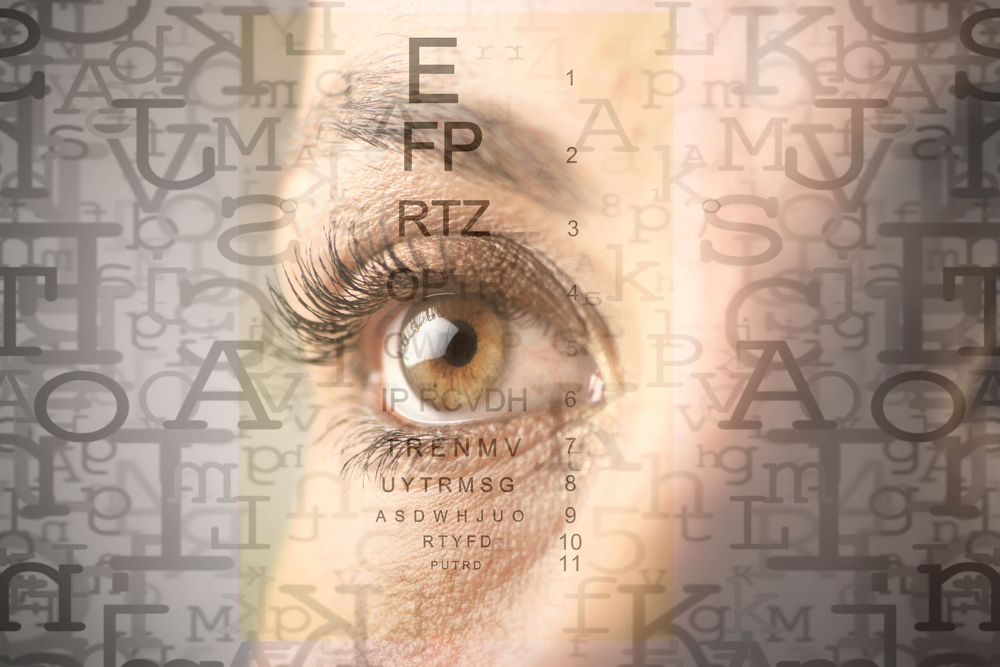When it comes to your eyes, there is no such thing as too much caution. Adult should examine their eyes to specialist on regular basis.
Adults should have their eyes examined by an optometrist or ophthalmologist at least once a year, and more often if they are experiencing any problems with their vision.
Eye exams can catch problems early on, which can help to prevent vision loss down the road. Must try medication treatment is for eye health, TheyaVue Buy Online.
How Often Should you Get your Eyes Checked
It depends in part on your age and also on your eyes and family.
If you’re younger than 40 and have no eye problems, your doctor might suggest you get routine tests every 2 years. Or they could tell you that you don’t need any tests. Ask what they think is best for you.
If you’re 40 or older, you should get your eyes checked every 1 to 2 years.
If you’ve had eye trouble in the past, or if you’re at risk for developing it (if someone in your family had it), you should see an eye doctor every year.
Why? You need to check to see if you have serious, sometimes “silent” problems that can affect your vision, like:
- Glaucoma
- Age-related macular degeneration
- Cataracts
- Diabetic retinopathy
If your child has no risk factors for eye problems, they should get their vision checked as a newborn and again at every regular health visit.
By the time they’re 3, it will be easier for the doctor to assess their eyes. After the first grade, they should get eye tests every 1 to 2 years.
Older Adults & Higher Risk Patients
Adults over 65 and anyone with a higher risk of ocular problems should come in for an eye exam every year to keep their vision in good shape and their eyes healthy.
- High-risk eye patients include those:
- With a personal or family history of ocular disease
- Living with a chronic health condition that can affect the eyes
- Working a job that requires excellent vision or is particularly visually strenuous or hazardous
- Taking prescription medications that can affect vision
- Who wear contact lenses
- Who have had eye surgery or a previous eye injury
- Diagnosed with high or progressive refractive error
- Who have had laser eye surgery
Remember, your eye health and your partnership with your eye care team is as unique as your eyes are. These are just guidelines.
Your optometrist may suggest a different exam schedule to meet your ocular needs.
Some Importance Of Regular Eye Exam Or Check Up
The Eye Care Team professionals build their eye exams around 2 central pillars: education and prevention.
Not everyone has been taught about the necessity of regular eye exams for your overall health and wellness.
Did you know eye exams can offer insight into conditions and diseases that affect the whole body?
On top of that, eye exams can catch eye diseases or vision problems that may have no outward signs or symptoms until vision loss or eye damage has already occurred.
Don’t wait until something is wrong to see an eye doctor— in many cases, preventing eye conditions may be easier than treating them.
In conclusion, adults should have their eyes examined regularly to maintain good vision and eye health.
Some common symptoms that may indicate the need for an eye exam include blurred vision, double vision, seeing spots, and excessive tearing.
Adults should see an eye doctor at least once a year, or more often if they are experiencing any of these symptoms.
Eye exams can help to diagnose and treat vision problems early on, which can lead to improved vision and quality of life. If you have any concerns about your vision, please consult with your optometrist.
